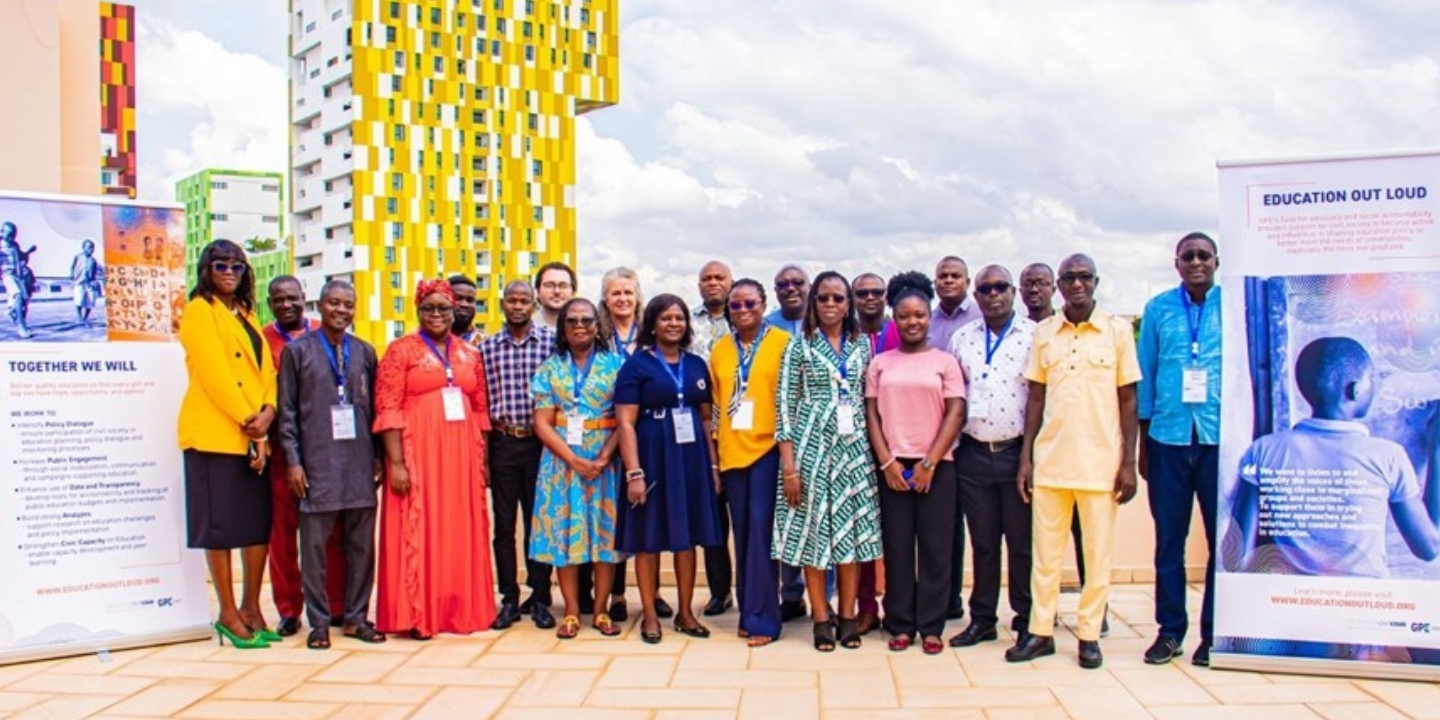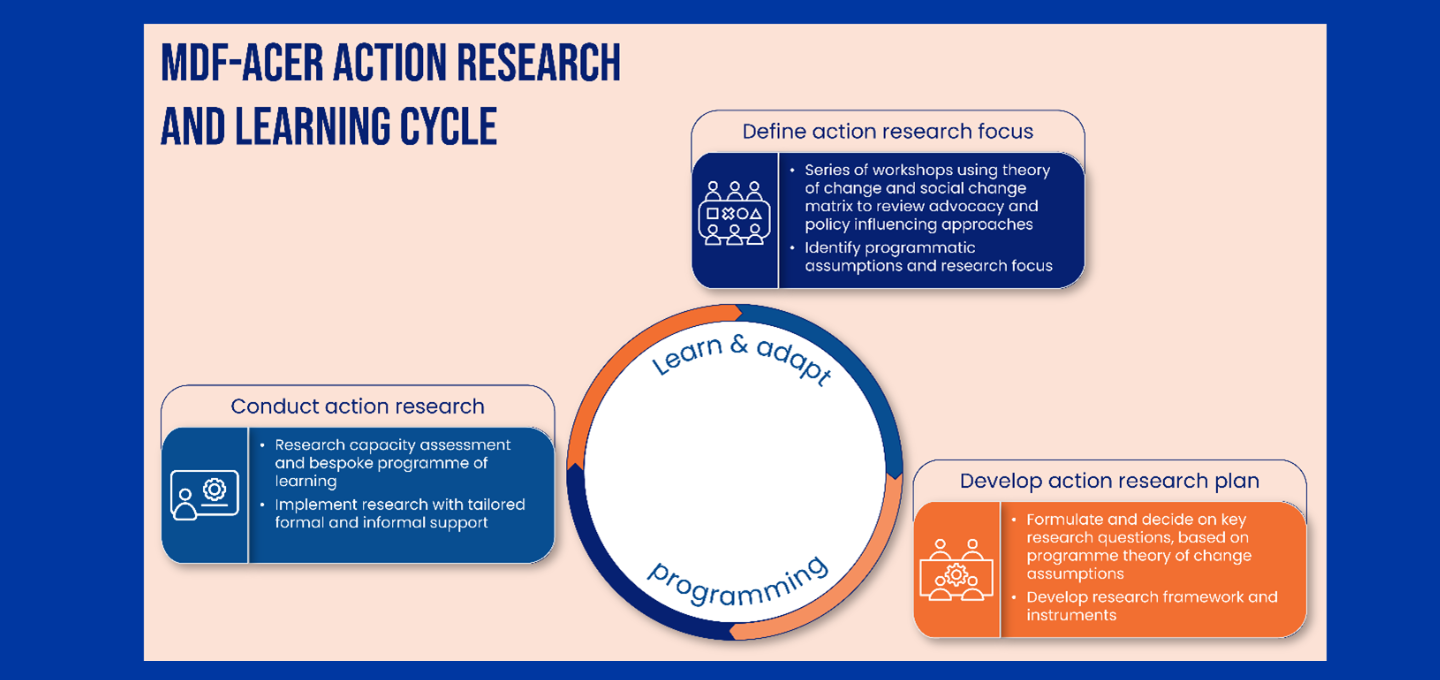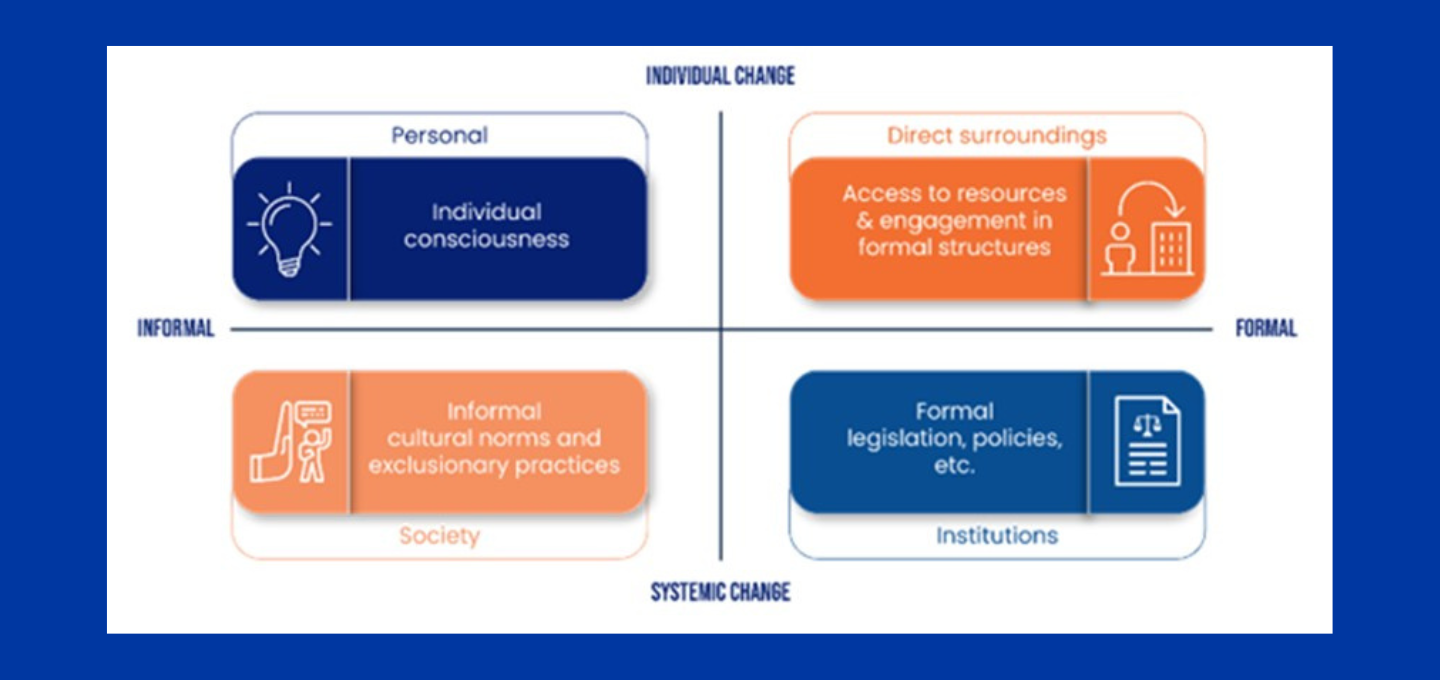
Influencing education policy more effectively through action research
ACER news 19 Apr 2024 7 minute readACER UK’s research for the Global Partnership for Education (GPE) has identified several effective strategies for education advocacy and policy influencing, including through media, direct engagement, youth-led and bottom-up approaches. Two collaborative activities that led to increased impact were speaking with a collective voice on issues, and cascading knowledge and skills through existing networks.
An action research and learning cycle developed by ACER UK and the Management for Development Foundation has proven successful in supporting civil society organisations to improve the effectiveness of their education advocacy and policy influencing.
ACER UK, in collaboration with MDF Training and Consultancy, is one of 4 global learning partners on the Education Out Loud (EOL) Programme. EOL is the Global Partnership for Education’s (GPE) funding stream for education advocacy and policy influencing (API), which aims to support civil society organisations (CSOs) to be active and effective in shaping policy for the communities which they serve, particularly those that are vulnerable or marginalised.
The global learning partners gather evidence for effective API strategies and support grant recipients to become more effective in implementing these strategies.
The ACER-MDF consortium conducted a project in 2 halves. First, it worked with several EOL grantees, helping them test the key assumptions underlying their programme theory of change. This helped the recipients adapt their management practices.
Second, the project produced its own research, documenting the different API strategies being funded by EOL. The research explored the different conditions under which the strategies worked and any key similarities and differences between the different contexts.
Action research support
To help grant recipients reflect on their API strategies and adapt their programming to improve effectiveness, ACER-MDF developed the innovative action research and learning cycle (below).

The cycle is iterative and is intended to be used for continuous research, adaptation, and improvement. However, due to the project’s timing, we only supported EOL grantees to engage in one cycle of action research and learning.
The consortium worked with three grantees across five countries in Asia and sub-Saharan Africa. These included:
-
IID and the equality consortium in Bangladesh
-
School for Life and the Citizen-Lead Action for Educational Accountability and Responsiveness (CLEAR) consortium in Ghana
-
the Girls Education Advocacy in the Region (GEAR) Alliance in Malawi, Zambia, and Zimbabwe.
All the grantees’ projects worked in marginalised or remote communities and had a focus on girls’ education.
ACER-MDF held several workshops with the grantees in early 2023. The workshops helped grantees identify the main assumptions they had made when developing their programme theory of change, and to prioritise which assumptions they needed to explore more, and with which stakeholders, to ensure the educational changes they hoped to achieve.

An important part of the workshop methodology was the social change matrix (above). Grantees reported that this tool gave them a structured way in which to map out their key stakeholders and the changes they wanted to achieve.
ACER-MDF then helped the grantees design their action research project and tools. We provided a range of formal and informal capacity-building sessions to help them produce quality research, such as sessions on qualitative data collection and analysis, and interviewing elites.
All the grantees enthusiastically engaged in the project and produced a piece of action research, which reportedly had meaningful insights for their programming and wider organisations. They all committed to changing their practices, based on both the findings from their research and from engaging in the wider process.
All grantees we partnered with engaged in regional learning events at the end of their projects, to share their research findings and the action research and learning cycle methodology with their networks. Each regional learning event took a different format, and were co-designed between ACER-MDF, the grantee, and the relevant EOL regional management unit. The GEAR Alliance opted for an online event, whereas colleagues in Bangladesh and Ghana chose to host in-person events.
Documenting API strategies
The second half of the project was – in addition to evaluating the success of the action research and learning cycle – to document the different API strategies of the grantees we worked with, exploring the conditions under which they were effective and highlighting any similarities and differences between the different contexts. This information was collected using 1-2-1 interviews and small focus groups discussions, in addition to an online survey and reviewing any relevant documents provided by the grantees.
The research found that API is highly contextualised and that an activity or strategy that proves effective in one country, could lead to the loss of an organisation’s operating licence in another. Nevertheless, the research did find several cross-cutting themes and clear categories in approaches to API. These included advocacy through media, youth engagement, policy document development, direct engagement, CSO collaboration and capacity building, and accountability tools/ generating evidence.
The findings of the research are shared in a main report, a case study for each grantee we partnered with, and three open access online learning modules, which are hosted by the Global Campaign for Education:
-
Using the social change matrix for improving your advocacy programmes
-
Good practice in citizen-led advocacy
-
Approaches and methods for action research.
The online modules use the evidence and learning collected from this project and are designed for other CSOs to reflect critically on their API activities and wider programming, to conduct action research and engage in adaptive management.
More information
Read the full report by Alexander Towne, Sladana Krstic, Desmond Birmingham (ACER UK) and partner authors Jolanda Buter, Miriam Linder and Sam Boering:
Read the case studies:
Education Out Loud Case Study: IID (Bangladesh)
Education Out Loud Case Study: School for Life (Ghana)
Education Out Loud Case Study: GEAR Alliance (Malawi, Zambia & Zimbabwe)
